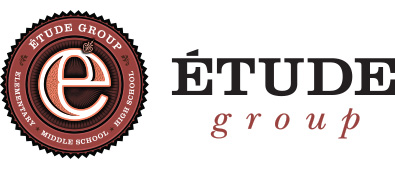At IDEAS Academy, our aim is to produce students who are independent, contemplative, and articulate global citizens. An important part of this development is learning how to argue effectively.
In our Introduction to Inquiry Class, students examine current issues, develop techniques to convey their thoughts, consider the viewpoints of others, and recognize the value of differing opinions. Coursework includes studying John Dewey’s Problem-Solving Sequence.
“This course really aims to focus on two very important components of discussion: argument and debate, articulating one’s opinion and learning from others,” said Peter Woods, the director of forensics at Marquette University High School in Milwaukee who developed the program for IDEAS.
“Students will really spend a large time developing their own listening skills and learning how to respectfully consider the opinions of those around them,” Woods said. “They will also learn about quality research, separating opinion from fact and reliable sources from unreliable ones, in an effort to really develop all elements of argument as a skill.”
In our Inquiry Class, students focus on a three-week cycle that meets once each week. The first class is all about research in order to become better informed on the subject and to develop a knowledgeable opinion. The second week involves a school-wide debate that allows for two separate classes to debate a topic and act as experts on their side of the debate, while the rest of the school develops in-depth questions. Finally, students have the opportunity to articulate their own opinion in writing, then present it to the class where their peers can critique the ideas presented and the student can strengthen their argument. The next week, the process starts over again with a new topic.
These non-credit courses take place during advisory time at IDEAS.
“Oftentimes, people forget what the outcome of a debate should be,” Woods said. “It’s not to beat the other person or prove them wrong, but to learn from what they are saying and expand one's own opinion while enlightening one's ‘opponent’ in the process.”

